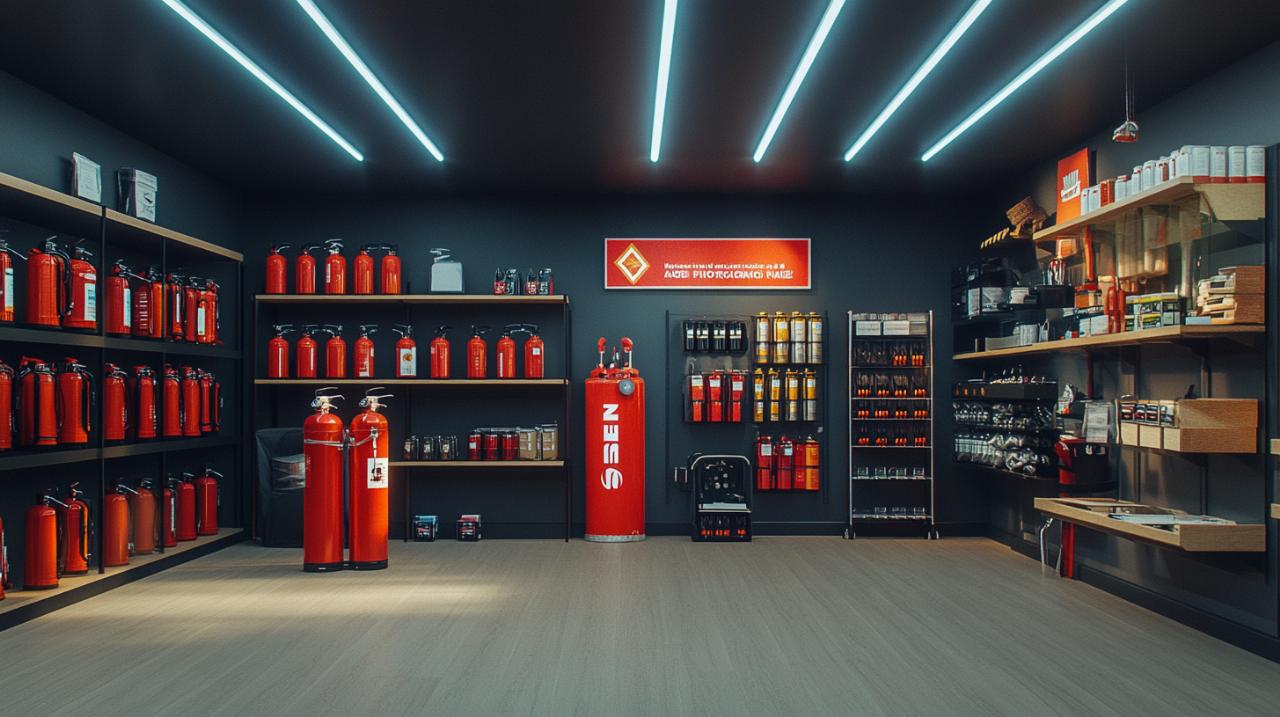Running a retail franchise involves juggling numerous responsibilities, from ensuring consistent branding to managing stock across various outlets. The complexity of these operations can quickly become overwhelming without the right tools in place. Modern technology offers a remedy to these challenges, providing comprehensive solutions that streamline day-to-day tasks and empower both franchisors and franchisees to focus on growth and customer satisfaction. By adopting the right systems, retail businesses can achieve greater operational efficiency and maintain the standards that customers expect.
Streamlining operations across multiple locations
Managing several retail outlets simultaneously presents a unique set of logistical hurdles. Each location must maintain adequate stock levels, manage staff effectively, and deliver a seamless customer experience. A franchise management software solution becomes indispensable in this context, offering centralised control over disparate operations. This technology allows franchisors to oversee all aspects of their business from a single platform, reducing the administrative burden and ensuring that every outlet operates smoothly. The ability to monitor real-time data across locations means that potential issues can be identified and addressed before they escalate, safeguarding both profitability and brand reputation.
Centralised inventory management and stock control
Effective inventory management is the backbone of any successful retail operation. Without accurate visibility into stock levels, businesses risk either overstocking, which ties up capital, or understocking, which leads to lost sales and disappointed customers. Integrated software solutions provide corporate-level visibility into inventory across all franchises, enabling automated stock replacement tools that suggest orders based on historical demand, seasonal patterns, and emerging trends. This approach to inventory optimisation ensures that products are available when customers need them while minimising waste and storage costs. Furthermore, integration with suppliers allows for complete traceability of goods, facilitating compliance with health and safety regulations and enabling rapid responses to any alerts or recalls. By consolidating data automatically, these systems present information through intuitive dashboards that support profitability analysis and informed decision-making.
Automated staff scheduling and rota management
Employee management is another critical area where technology can make a substantial difference. Creating staff schedules that align with customer footfall, individual availability, and labour regulations is a time-consuming task that often leads to errors when handled manually. Advanced employee management software automates this process, generating rotas that optimise labour costs while ensuring adequate coverage during peak trading hours. Real-time communication tools embedded within these platforms allow managers to share updates, coordinate shift changes, and provide instant feedback to team members. This not only reduces the administrative burden on managers but also improves staff morale by providing greater transparency and flexibility. Training modules integrated into the system enable franchisees to deliver consistent onboarding experiences, ensuring that every employee understands their role and the brand standards they must uphold.
Maintaining brand consistency and quality standards

Brand recognition is one of the most valuable assets a retail franchise possesses. Customers choose established brands because they know what to expect, whether they visit a store in London or Glasgow. Maintaining this consistency across all locations requires robust systems that standardise processes, communications, and marketing efforts. Technology plays a pivotal role in ensuring that every franchisee adheres to the brand guidelines set by the franchisor, creating a unified customer experience that builds trust and loyalty. Operational audits facilitated by digital tools can identify areas where standards may be slipping, allowing for timely intervention and continuous improvement.
Unified branding and marketing materials distribution
Marketing campaigns must resonate with local audiences while staying true to the overarching brand identity. Franchise management platforms equipped with integrated marketing campaign management tools enable franchisors to create and distribute promotional materials that franchisees can customise for their specific markets. This approach ensures that all advertising efforts align with national campaigns, reinforcing brand recognition and maximising the impact of marketing spend. Advanced systems also provide analytics that track the performance of different campaigns, offering insights into which strategies generate the best return on investment. By centralising the creation and distribution of marketing materials, franchisors can maintain control over brand messaging while empowering franchisees to engage with their local communities in meaningful ways. The ability to deliver immersive customer experiences through targeted advertising further enhances the effectiveness of these efforts, driving footfall and increasing sales across the network.
Real-time performance monitoring and compliance tracking
Tracking the performance of individual franchises is essential for identifying best practices and addressing underperformance. Real-time visibility over key metrics such as sales figures, customer satisfaction scores, and inventory turnover allows franchisors to compare performance across locations and provide targeted support where needed. Robust customer relationship management systems centralise contact information and sales history, enabling both franchisors and franchisees to manage leads more effectively and prioritise opportunities based on their revenue potential. Automated reporting tools generate comprehensive performance reports that highlight trends and anomalies, facilitating data-driven decisions that enhance business growth. Compliance tracking features ensure that all outlets adhere to operational standards, health regulations, and brand guidelines, reducing the risk of reputational damage. Simulation tools embedded within some platforms allow franchisors to assess the financial impact of strategic decisions before implementation, minimising risks and supporting sustainable expansion. By consolidating all operational data into a single system, businesses gain the business intelligence required to navigate complex retail environments with confidence.



